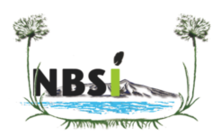Charcoal production
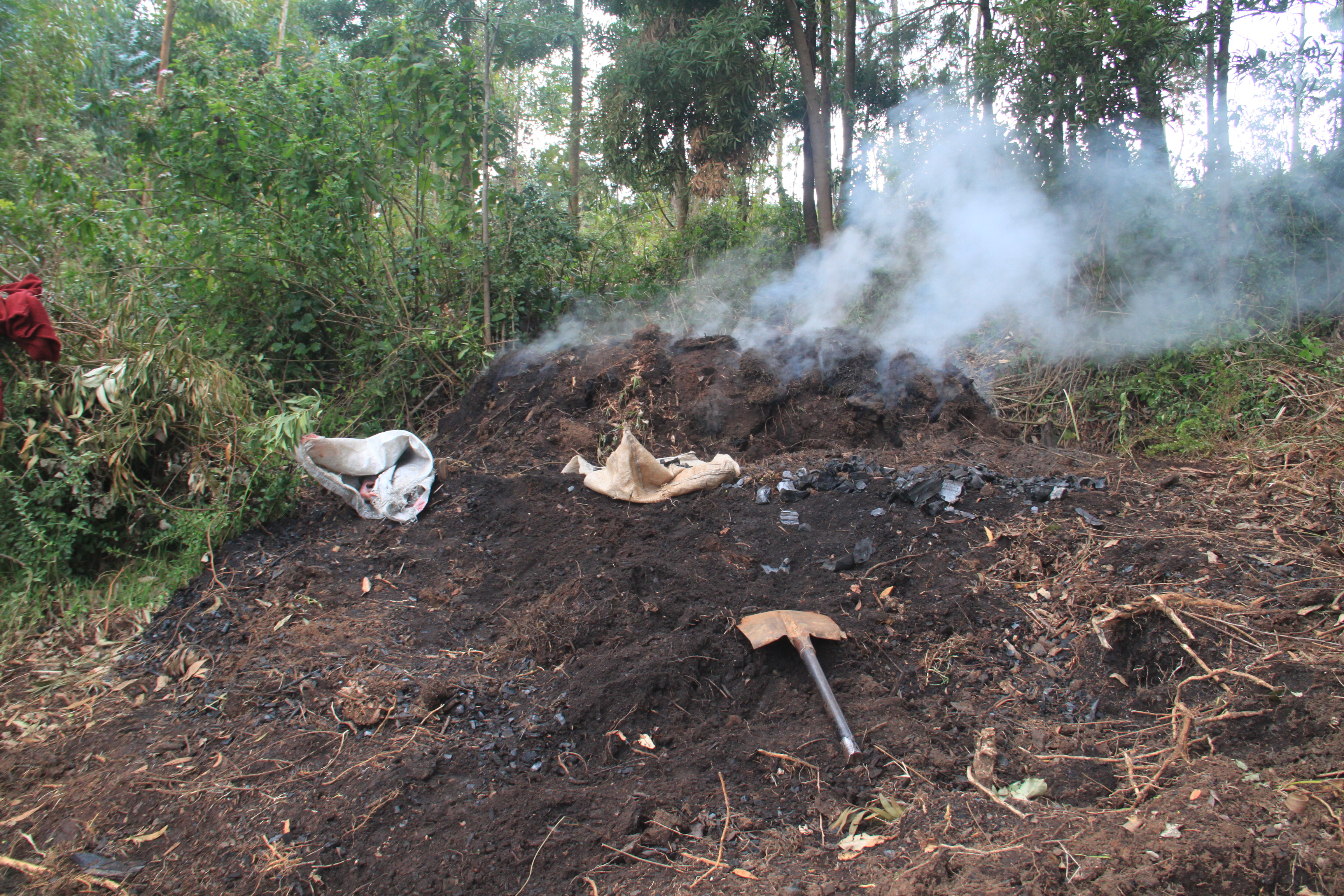
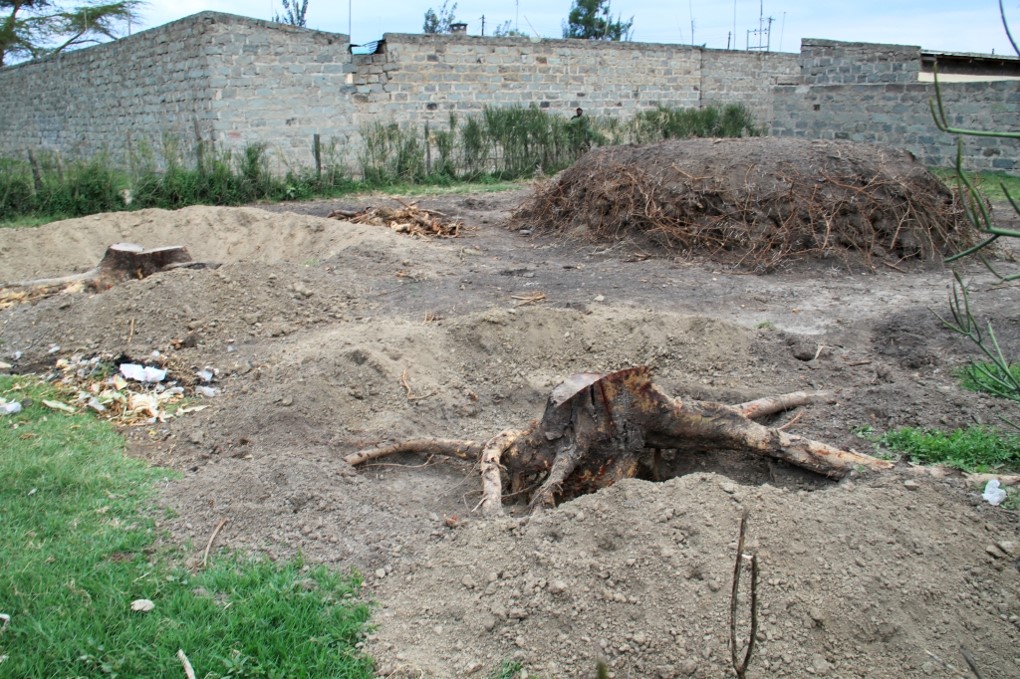
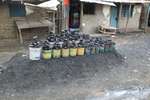
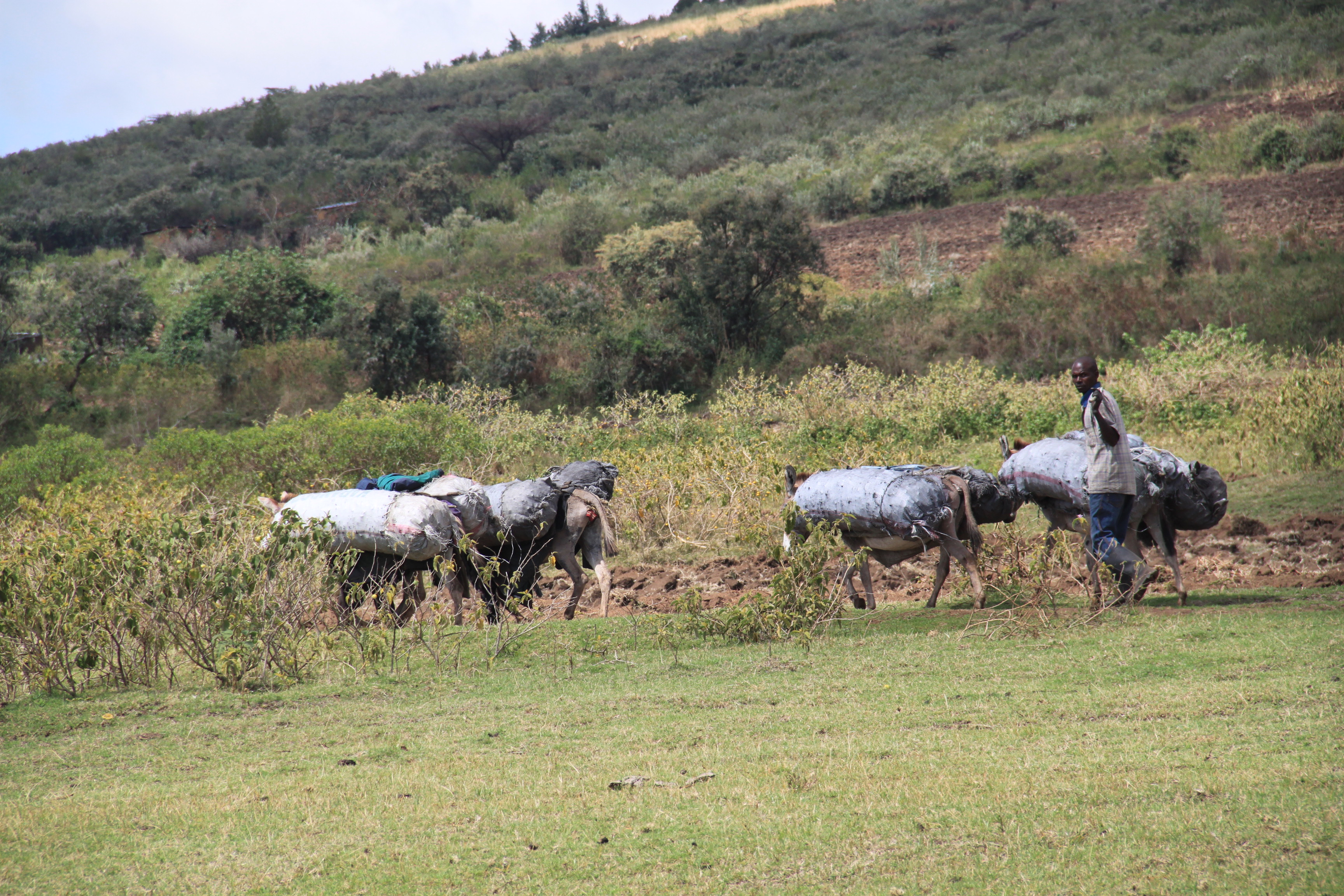
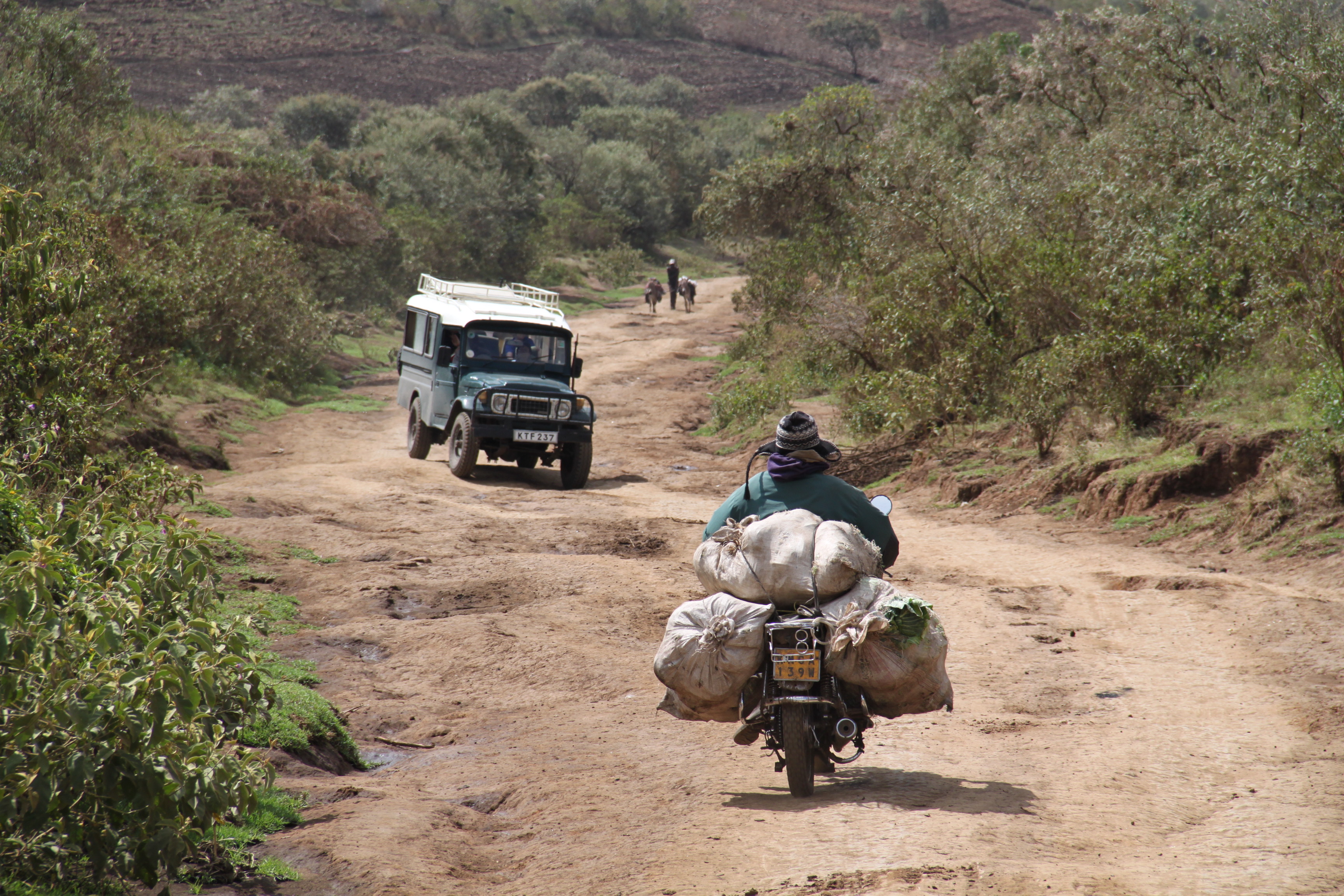
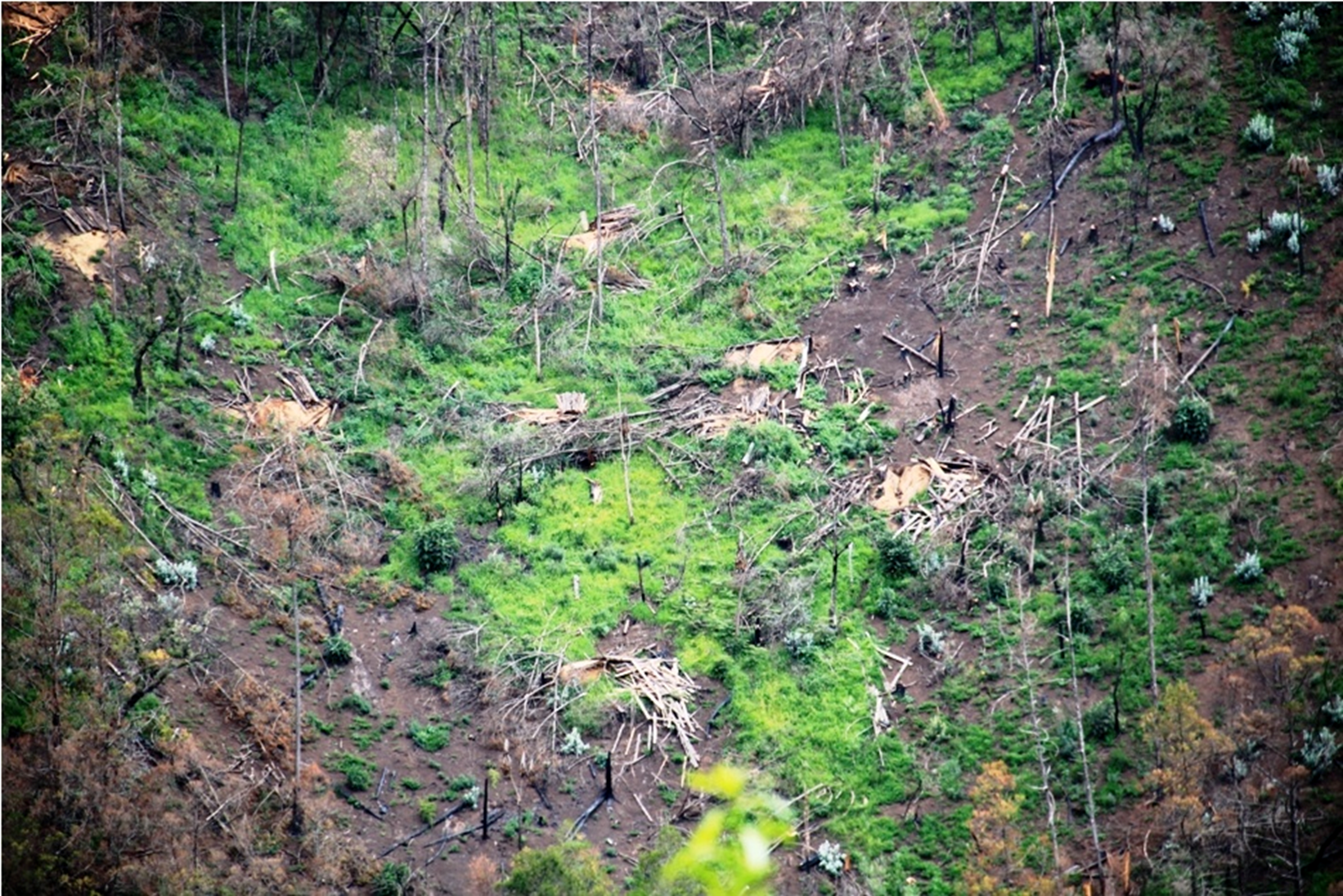
The production, transport and sale of charcoal is an important daily activity for a large portion of the population and an exclusive profession for quite a few. Despite an official ban on charcoal production, throughout Kenya, charcoal is still the main fuel used at home for cooking. Tonnes of charcoal are transported daily to Nairobi and burnt there. Recent estimates recognised that the charcoal market represents a sizeable portion of the national economy.
Firewood used to make charcoal is invariably taken from natural forests, causing severe damage forest composition and to the soil due to erosion. Areas that are affected by recent charcoal burning include stream riparian areas, as many of these still retain portions of the original forest, and upland rainforests, such as towards the Mau and Eburru. Before the fencing of the Aberdares National Park, wood used to be collected illegaly even there. Due to the ban and to the scarcity of firewood throughout Kenya, charcoal is being illegaly imported by boats through Lake Victoria. Immediately after landing it is loaded on trucks and taken to Nairobi. Charcoal processing represents undoubtedly the most unsustainable of all forms of livelihood conducted around the basin.

